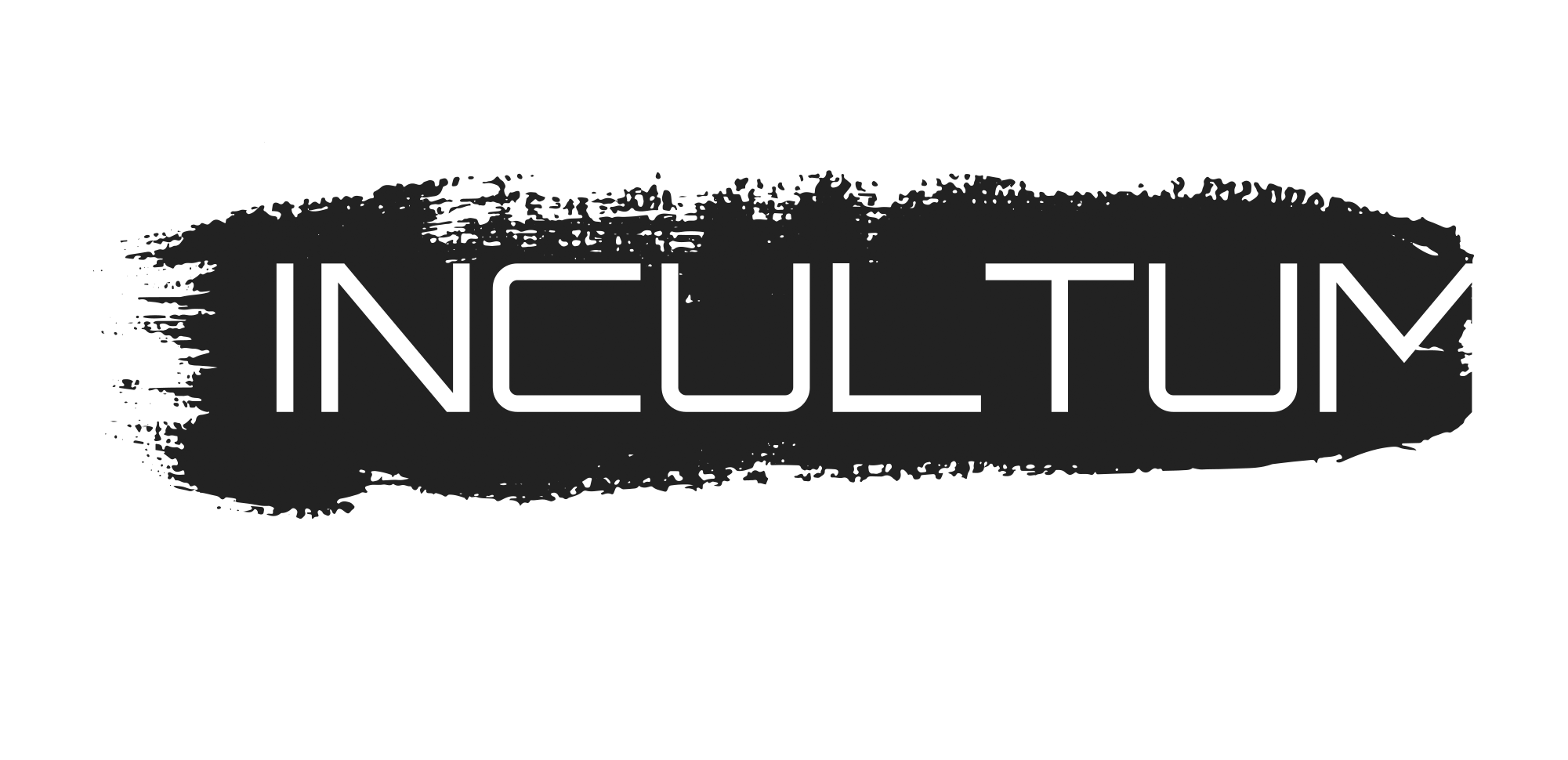Project facts
Presentation
Tourism is more than travelling and consumption; it has great potential when it comes to culture, nature, knowledge and personal experiences. Travelling is a way to learn and improve oneself, to enrich one’s vision and improve mutual understanding.
The INCULTUM project deals with the challenges and opportunities of cultural tourism with the aim of furthering sustainable social, cultural and economic development. It will explore the full potential of marginal and peripheral areas when managed by local communities and stakeholders. Innovative participatory approaches are adopted, transforming locals into protagonists, able to reduce negative impacts, learning from and improving good practices to be replicated and translated into strategies and policies.
INCULTUM project, running 2021-2024, is financed by the H2020 programme of the European Union under Grant Agreement n. 101004552.
- 15 partners: An interdisciplinary group of partners including academia, municipalities and SMEs will deploy effectively knowledge and participate in the various project’s activities, including:
- deep research on tourism data,
- innovative participatory and collaborative approaches in tourism,
- training to local communities for capacity building and knowledge;
- 10 local pilots: Ten pilot cases across Europe are investigated, to demonstrate the high potential of the marginal and peripheral places, cultural heritage and resources when managed by local communities and stakeholders;
- Synergies: INCULTUM fosters intercultural understanding through the implementation of bottom-up strategies that can have positive effects for both locals and tourists, also by deploying a range of outreach activities which aim at the creation of an ecosystem of Stakeholders, all over Europe.
INCULTUM operates at the crossroad of the different areas of innovation on cultural tourism and, more generally, on access to and participation in cultural heritage, with final aim of enabling the implementation of more advanced cultural tourism strategies to be based on living territories and communities.
Project’s research and findings will suggest recommendations for effective and sustainable policies, to create new collaborations among public and private stakeholders and new investments.
Impacts & Results
Ten pilot cases of living territories and communities are investigated and on the basis of the findings innovative customised solutions will be co-created.
Pilots are expected:
- to identify and to compare drivers and barriers that account for the success or failure of participatory models
- to assess outcomes and analyse the pre-conditions needed for a future full implementation and scaling up of potential solutions
- to provide new quantitative and qualitative data to be combined with official statistics and novel data gathered by the use of self-developed IT applications and the exploitation of previously untapped data sources
The implementation of advanced econometric methods and the pioneering introduction of machine-learning tools into tourism research will push the boundaries of our knowledge. Findings will suggest recommendations for effective and sustainable policies, create new synergies among public and private stakeholders and new investments, including Structural Funds.

